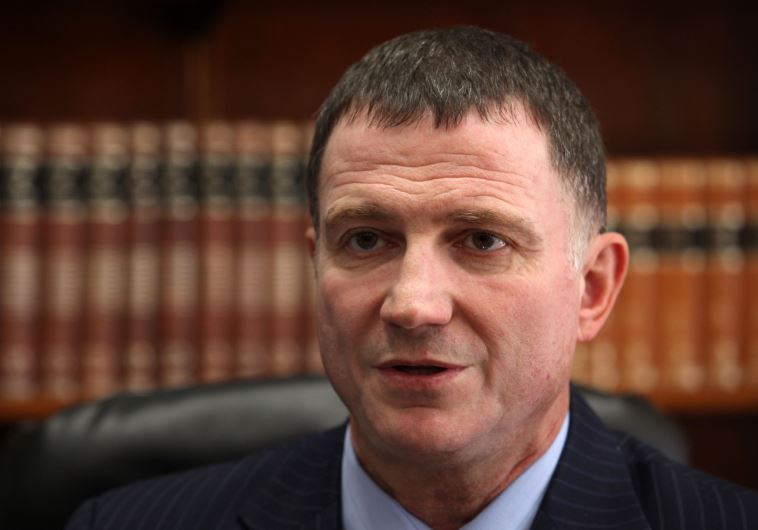Knesset speaker: Now is the time for a unity government
Edelstein calls on MKs to put politics aside and unite against terror; Herzog: We support steps to bring security back.
 Knesset Speaker Yuli Edelstein(photo credit: MARC ISRAEL SELLEM/THE JERUSALEM POST)Updated:
Knesset Speaker Yuli Edelstein(photo credit: MARC ISRAEL SELLEM/THE JERUSALEM POST)Updated: